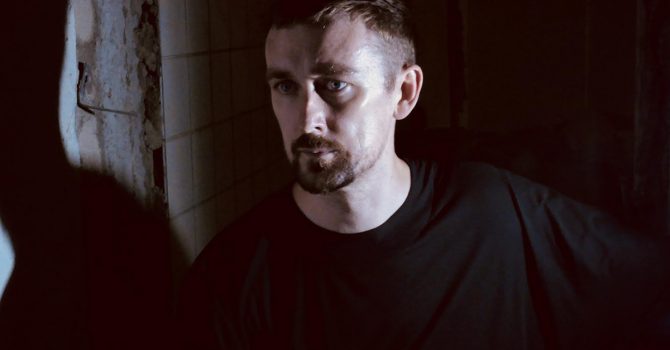„Electronic archaeologist” – The Allegorist [interview]
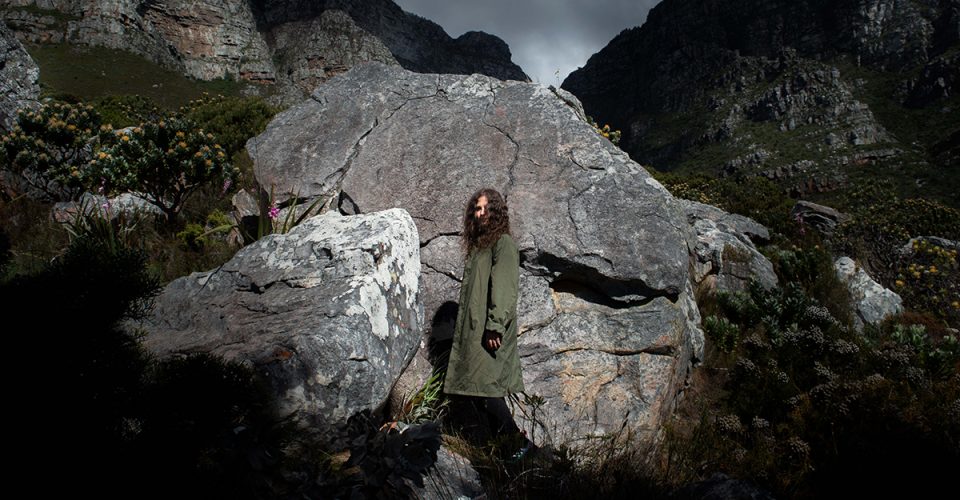
Berlin-based producer Anna Jordan, working under the alias The Allegorist, has just released her fifth album TEKHENU. On this occasion, we asked the artist about her artistic explorations and inspirations, which - as it turns out - are very diverse.
The Allegorist – outside the frame
In her work, Anna Jordan, or The Allegorist, explores worlds bordering on science-fiction and fantasy, feeding on the past and the future, the duality of light and darkness. Her holistic approach to music is perfectly audible on each of her releases – the producer, thanks to the huge variety of influences and the desire for exploration and experimentation, focuses very much on storytelling.
The Allegorist – Sparkling Euphoria
With his fifth album, The Allegorist draws inspiration from the ancient world for his fifth studio album, released under the aegis of Awaken Chronicles. As with her previous works, The Allegorist creates a poignant tale set in a mythical land – TEKHENU is the story of a lost heroine and her spiritual quest:
Born in the fast-moving river, she was part of it. The river didn’t cause her to be who she was, but it was her origin in this life. She could have stayed, but a beat in her heart made her fingers tremble; a longing in her spirit for life and a driving force in her mind called her by her name. And so she left to risk, live, explore, and follow the invisible.
Today, in the deep silence of the cold midnight, she couldn’t fall asleep. It was all the effort of the journey that kept her awake. Gray fog lay heavy on her mind. Resting her head on a stone with her legs tucked up, her heart was beating in pain, and her limbs felt heavy and tired. All those years spent walking thousands of miles through deserts and winds, climbing up mountains and swimming through seas, learning where to take turns, how to read meanings in the stars, studying maps of various cultures, seeking knowledge of all kinds, and still, now, she was lost.
Dreaming of answers within her, she woke in the light of tomorrow, and between the trees on the little meadow wet with dew, the first rays of spring’s sun beamed through – says The Allegorist
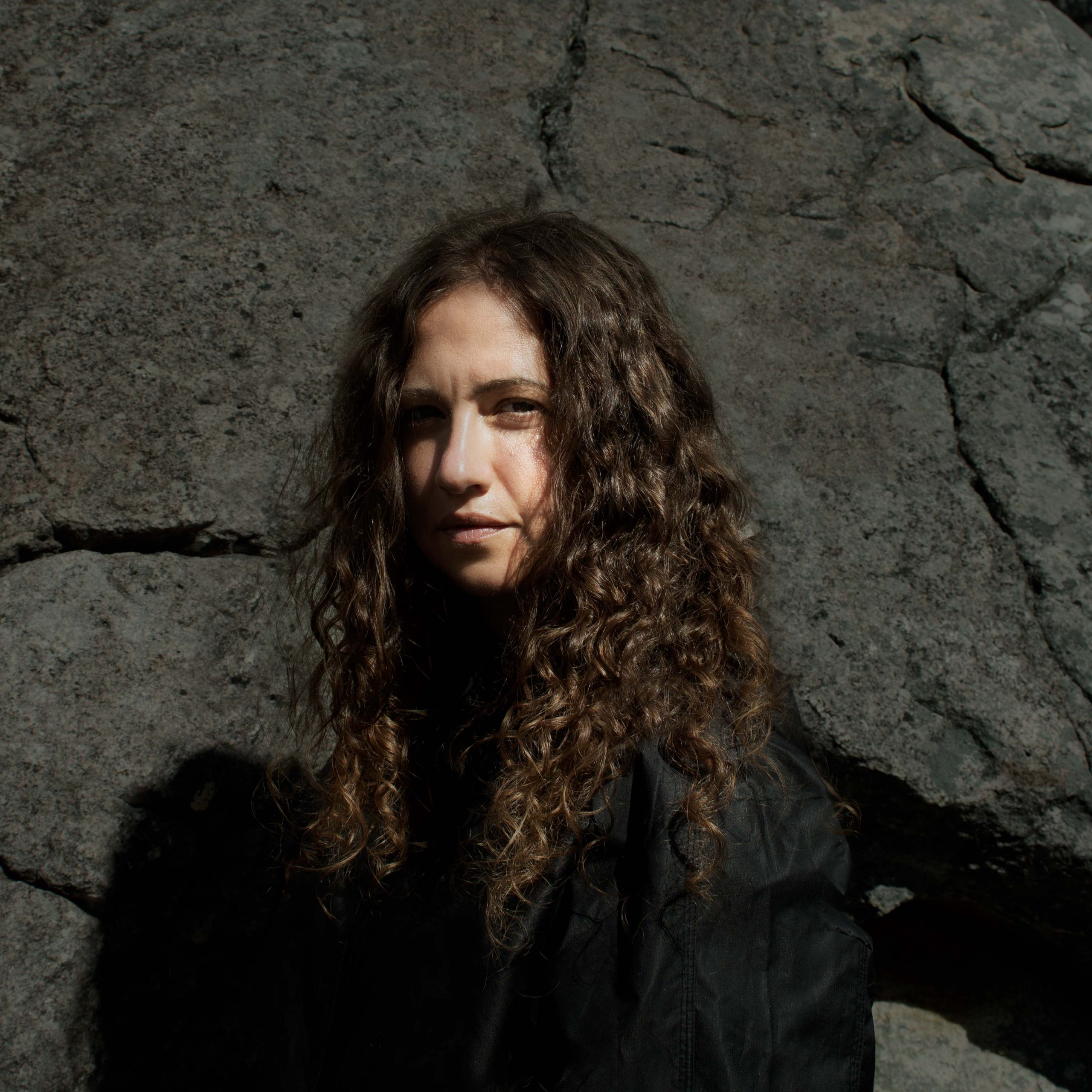
The Allegorist – an interview with muno.pl
Adam Dąbrowski: What was the biggest influence on you as an artist when you started your adventure with music production?
Anna Jordan aka The Allegorist: It was always my dream to make music. When I was finally able to get started with it at the age of 29 I was already exploding of all the stories I wanted to tell. My biggest influence perhaps was Youtube, where I watched tutorials every day for the first years, trying to figure out how producing music works. I always had a clear idea of what I wanted to articulate musically, I was just missing the necessary tools and the skills. I exercised creative thinking from an early age, as I was always so curious by nature. Taking in thoughts and feelings, filtering them, zooming in, zooming out, collecting, letting go, and sculpting them. Perhaps I could say that I was making music all my life in the form of thoughts. When I’m actually making music I’m pouring that and my intuition into a musical idea.
The Allegorist – Dark Forces
Your latest album has been in the making for the last two years – a time of late lockdown and the reopening of your live shows has shown how much the tastes of today’s modern audiences have changed. I feel that people today want faster and harder music – that’s the fashion now. Did you have a sense of insecurity at the back of your mind that your music, devoid of dance rhythms, might not fit in with current trends?
I don’t really bond my music-making process to external influences that are so short-term. I’m developing my themes for many years or decades, even before sculpting them into musical ideas. I’m not interested to accommodate the masses in general as a business model, for better or worse. I’m interested to serve though, but I don’t measure it in numbers. Of course, it’s much more rewarding to follow or build on a path that’s obvious but I like thinking in time periods like 30 years from now or 300 years ago and base my decisions on that. I’m trying to create value that’s not necessarily connected to popular ideas of a decade, although it’s quite hard to pin down what that means. Everything is constantly evolving and perhaps losing meaning without the original context, but still, I’ve decided to try.
The Allegorist – Whispers Of The Wind
I was incredibly impressed with the title track – the most dance track on the whole album, which is very subdued and calm. It’s like coming out of a cave or the sun breaking through the dark clouds. It sounds reminiscent of Fever Ray or like a more ambient, unsettling version of Christian Löffler. Are these the artists who inspire you?
Thank you! I’m glad you feel that way, it’s what I was dreaming of myself. The track Tekhenu is perhaps the most complex track on the album, with its unusual arrangement and its different parts. It could have been 3 tracks. But I love the idea of walking through those different ideas seamlessly, merging genres, following a thread, like in a real story, with a sequence of events and changing scenery. I think it represents well the album theme, TEKHENU. TEKHENU is an allegory for meaning, and purpose, something that we are all bound to and that connects us all. We all have our own individual paths in life, which are also intertwined. We have our own truth, one perspective of the whole, and our unique experience and journey in life. We all are sort of going towards TEKHENU and it looks different for all of us. So I dedicated this album to the Seekers.
The Allegorist – Tekhenu
In your music one can hear a lot of FM synthesizer sounds e.g. wooden hammers, vibraphones, etc. Could you tell us what instruments and plug-ins you use?
The main elements in the album TEKHENU are my vocals. I put a lot of effort into the sound design of developing all these different voices only from my own voice. Somehow I have the feeling that universal memories can travel through the body and I’m letting my voice be used as an instrument by perhaps another version of me. Sometimes it feels as if I would know a certain place for instance, although I don’t think I’ve been there. I think there is a lot of undiscovered or unpopular or forgotten knowledge about many things, and I’m trying to learn from what feels right. In Tekhenu I’m telling the story of a journey, being lost, and the way of searching. It is a vulnerable position to face the unknown and admit our weaknesses. I wanted to reflect this fragility and our connections in these voices. Naturally, I placed this story into a warmer, more organic, breathing, and welcoming environment that is alive as opposed to the more hostile landscape of my previous album Blind Emperor. Also, I put a lot of effort into designing the low-ends and the mixing. Mixing is still one of my favourite parts of music creation and I was aiming for a clean, straightforward, and airy mix. For the sub-basses, I used my Grandmother mainly, for synth elements the Elektrons, and some plugins for sampled acoustic instruments.
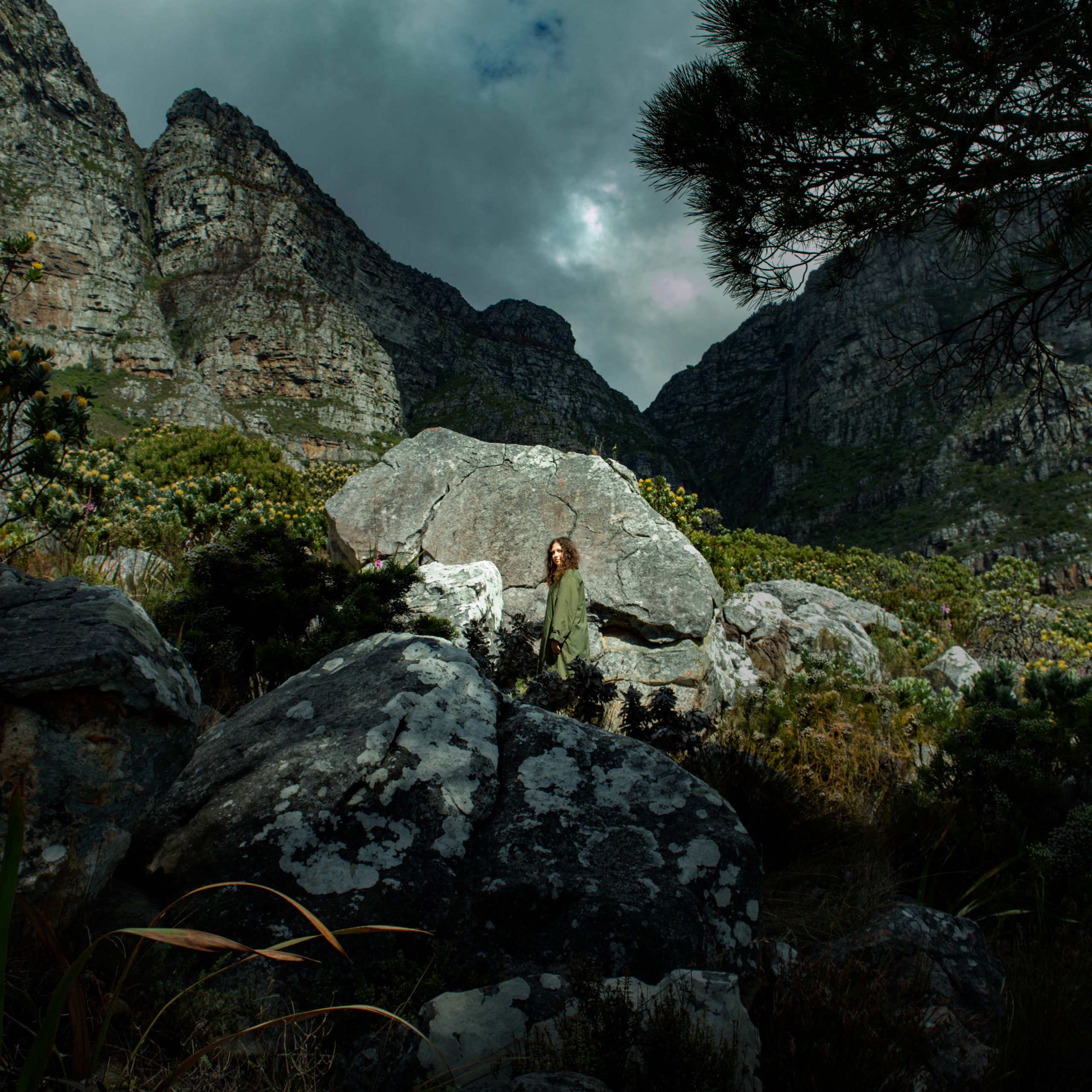
What is your definition of new music?
Anything new I think is always difficult to describe at first, one might need a lot of words, as there wasn’t a label created for it yet. New things are also always found at the edges, where attention isn’t concentrated. So I think new things are born in the shadows. And they are like a treasure chest, sometimes never found, but still there deep in the ground, waiting. I wanted to be an archeologist when I was a child, to discover all the secrets of the world. And still, I feel this pulsing drive to understand or find out something, anything. I think that true growth comes only when we move forward and backward at the same time, with the same speed. To stretch toward and connect both ends, the new and the old, tech and spirituality. To discover the mysteries of the past and the future, because it’s all here now, available to us as a collective. That for instance would be something new. And I think this approach is universal and so also true for music.
The Allegorist – TEKHENU
Can we expect music based on Slavic mythology in the future?
I’m not really interested to base my music on anything too specific. But I love philosophy, nature, arts, history, and spirituality, so elements of different cultures, beliefs, and theories could play a role in my art in the future as well.




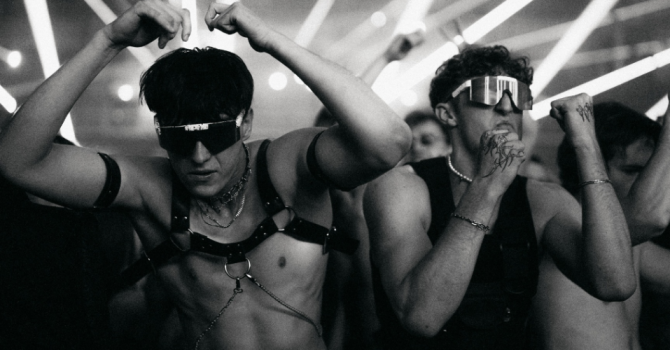
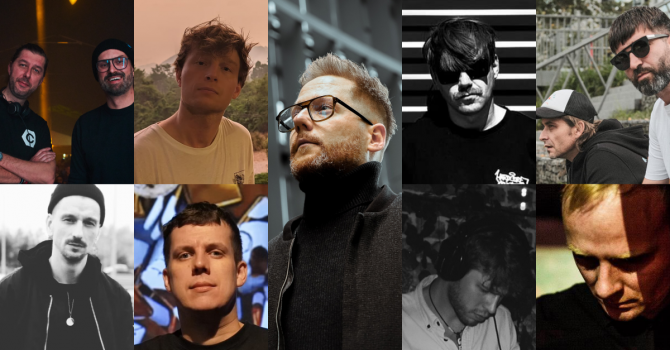


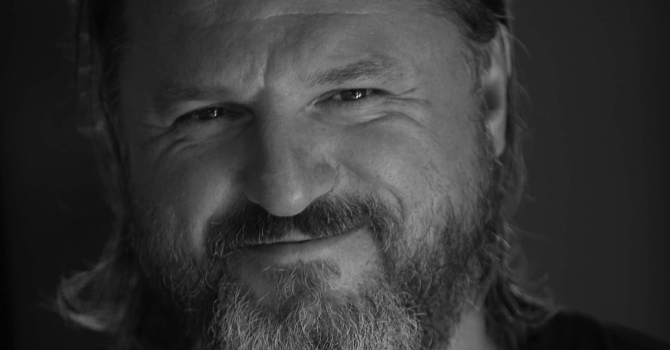
![Dax J: „We are in the final years of human-produced music” [interview]](https://muno.pl/wp-content/uploads/2023/06/dax-j-fin-670x350.jpg)
![„Elektroniczna archeolożka” – The Allegorist [wywiad]](https://muno.pl/wp-content/uploads/2023/05/allegorist-670x350.jpg)
![Nico Plagemann [Kollektiv Turmstrasse]: Poland has never disappointed me! – interview](https://muno.pl/wp-content/uploads/2021/04/179500072_10159142620723416_2852799361964948505_n-670x350.jpg)
